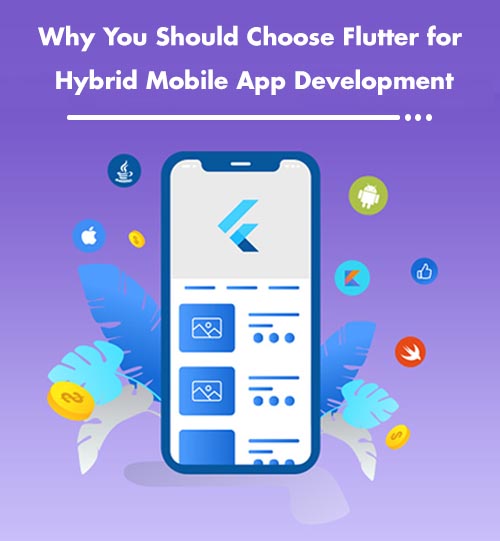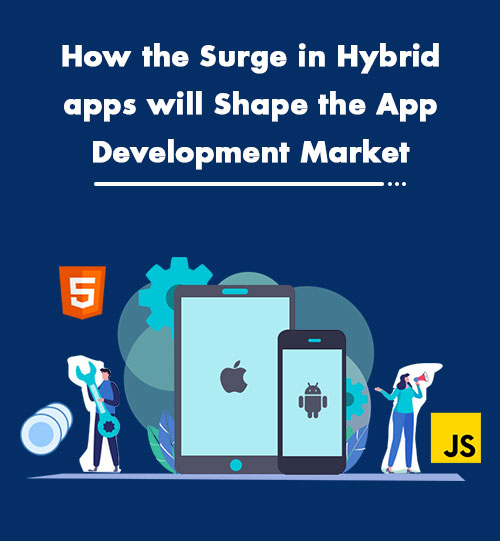In this fast-paced age, competition among businesses is harder than ever. They continuously seek new avenues to stay ahead of the curve. Since this a digital era, most of them invest in mobile apps to reach out to a diverse audience and extend their roots. However, due to ever-increasing technologies, it becomes difficult for them to choose the right one. For years, small businesses have counted on React Native and Xamarin for developing a budget-friendly app, but Google’s Flutter has now started making a statement in the mobile app market.
Flutter is an open-source hybrid mobile app development framework that helps build cross-platform apps using Dart programming language. The rising popularity of this framework is evidenced by the fact that it is now among the top-20 software repositories of GitHub. It achieved this feat within a few months of its release. Let’s explore what makes Flutter unique and why you should choose this framework for hybrid app development services.
Benefits of Flutter
Single Codebase
Flutter allows hybrid mobile app developers to create a cross-platform app using a single code base. It means that they don’t have to code separately for Android and iOS apps. This helps them to quickly develop it and improve its design, quality, and speed to elevate its installation rate.
Dart as a Programming Language
Flutter uses Dart as a programming language to provide certain benefits to the developers. First, Dart is Google’s in-house production, so it is best-suited for Flutter. Second, Dart uses a reactive framework and manages both backend and frontend on its own.
Use of Customizable Widgets
Flutter provides a comprehensive library of fast and customizable widgets that give the app a native-like feeling. In Flutter’s UI toolkit, the widget catalog is divided by category for easy usability. These widgets are integrated to create a highly portable and responsive app that operates on multiple platforms and layouts.
Native Themes for iOS/Android
Flutter offers different native themes for both operating systems. The theme elements, like icons, fonts, and patterns, ensure that both platforms provide users with native user experience.
Stateful Hot Reload
The “Stateful Hot Reload” or “Hot Restart” functionality of Flutter allows hybrid mobile app developers to view changes made on the app in real-time. This feature instantly refreshes the app UI like a webpage, helping developers save up to 40% of their time.
Multiple Packages and Extensive Community
Flutter has a plethora of open-source packages that expedite the mobile app development process. This library, supporting both iOS and Android, is growing rapidly with the help of the ever-growing developer community.
Powerful Design Experience
Flutter facilitates designing powerful UI experience of the app, thanks to its easy implementation of the design specifications. This immensely benefits the developers, especially when it comes to creating a native-like experience through hybrid mobile app development.
Easier Animations
Flutter has a 2D Flare tool that makes it easy to create spectacular and complex animations with vector graphics and run them in Flutter’s rendering engine. The primary goal of this tool is to minimize the time to implement changes that need animations.
Create Apps for Mobile, Desktop, and the Web
Announced at Flutter live 2018, Hummingbird enables hybrid mobile app developers to use the same code to develop apps for mobile, desktop, and web simultaneously.
Final Words
With ample benefits, it is no surprise why some of the giants, like Google Ads, Alibaba, and AppTree, have developed their apps using Flutter. On top of this, the framework is backed by Google, which means you will never have a lack of support. So, considering Flutter hybrid app development services can help you quickly step into the market and gain a competitive edge.




